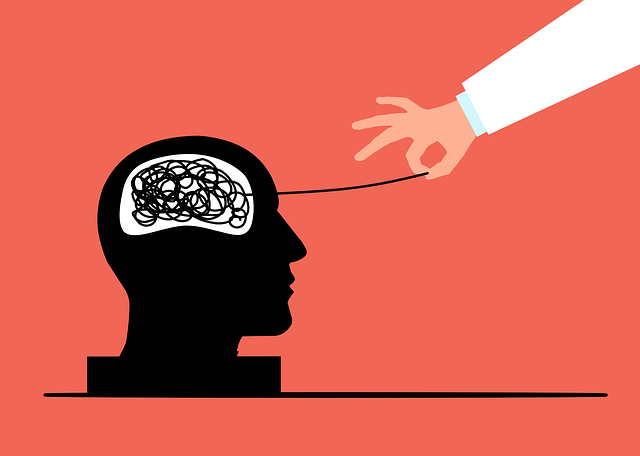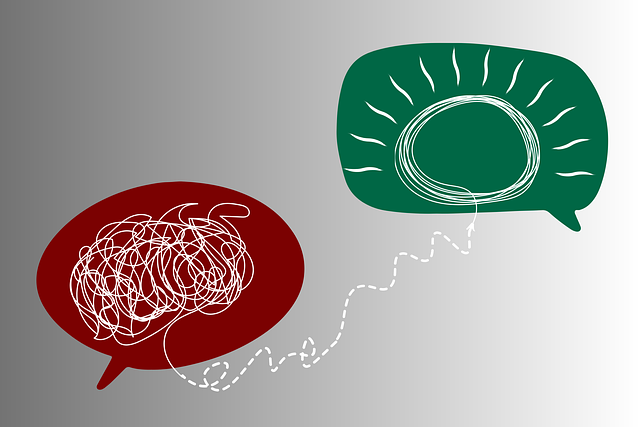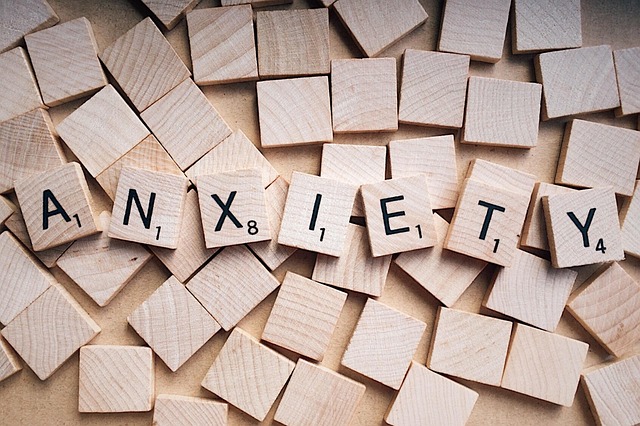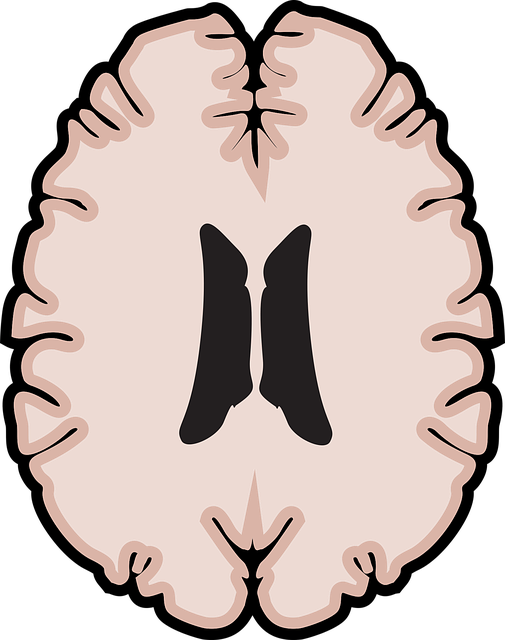In today's healthcare landscape, cultural competency is vital for delivering effective therapy to Spanish-speaking children. Overcoming language barriers and cultural nuances requires education and awareness campaigns. Comprehensive training for providers should include interactive workshops, case studies, and role-playing focused on communication skills and understanding diverse beliefs. This approach fosters trust, empathy, and improved health outcomes by creating an inclusive environment tailored to the specific needs of Spanish-speaking families. Measuring the success of this training through surveys and tracking compassion cultivation practices ensures better patient interactions and accessible mental health services for these communities.
Cultural competency training is an essential aspect of modern healthcare, especially with diverse patient populations. This article explores the significance of such training, focusing on improving patient care and outcomes, particularly for Spanish-speaking child patients. We delve into the unique challenges these children face, offering strategies to enhance communication and build stronger therapeutic relationships. Through comprehensive programs and effective evaluation methods, healthcare providers can ensure culturally sensitive care, making a profound impact on patient experiences and health outcomes.
- Understanding Cultural Competency in Healthcare: A Necessity for Effective Patient Care
- The Unique Challenges of Spanish-Speaking Child Patients
- Designing Comprehensive Training Programs for Healthcare Providers
- Strategies to Enhance Communication and Therapeutic Relationships
- Measuring Success: Evaluating the Impact of Cultural Competency Training
Understanding Cultural Competency in Healthcare: A Necessity for Effective Patient Care

In today’s diverse healthcare landscape, cultural competency is no longer a nice-to-have but an absolute necessity for effective patient care. It involves understanding and respecting patients’ cultural backgrounds, traditions, and beliefs, which can significantly impact their health outcomes. When healthcare providers lack this awareness, it may lead to miscommunication, mistrust, and even inadequate or inappropriate treatment. For instance, a Spanish-speaking child presenting with anxiety symptoms might require therapy tailored to their cultural context, ensuring comfort and open communication with their family.
Cultural competency is crucial in building empathy between providers and patients, fostering trust, and promoting mental wellness. It encourages healthcare professionals to adapt their approach, language, and treatment methods to meet the unique needs of each patient. Moreover, public awareness campaigns can play a vital role in educating both healthcare providers and the general public about cultural competency, ensuring everyone has access to culturally sensitive and effective therapy, regardless of their linguistic or cultural background.
The Unique Challenges of Spanish-Speaking Child Patients

Spanish-speaking child patients present unique challenges for healthcare providers, especially when it comes to effective communication and therapy. Language barriers can hinder a thorough understanding of the child’s medical history, symptoms, and emotional well-being, impeding accurate diagnosis and treatment planning. This issue is particularly significant in communities where access to healthcare services is limited, exacerbating existing health disparities.
Moreover, cultural nuances and potential stigma surrounding mental illness within certain Spanish-speaking communities can create additional obstacles. Stigma reduction efforts and increased mental health awareness are crucial to fostering an environment of trust and openness. Emotional intelligence plays a pivotal role in navigating these complexities, enabling healthcare providers to adapt their communication approaches, build rapport, and offer culturally sensitive therapy for children, ultimately leading to improved outcomes.
Designing Comprehensive Training Programs for Healthcare Providers

Effective cultural competency training for healthcare providers requires designing comprehensive programs that address the diverse needs of patients and communities. This involves integrating various components such as cultural awareness, language accessibility, and mental wellness support tailored to specific demographics, including Spanish-speaking children and their families. A well-rounded program should include interactive workshops, case studies reflecting real-world scenarios, and role-playing exercises to enhance empathy building strategies.
Incorporating public awareness campaigns development into the curriculum can help healthcare providers understand cultural nuances and barriers to care. These campaigns often highlight the importance of addressing mental wellness in minority communities. By combining theoretical knowledge with practical skills, training programs ensure that healthcare providers are equipped to deliver culturally sensitive therapy for children, fostering an inclusive environment that promotes better health outcomes.
Strategies to Enhance Communication and Therapeutic Relationships

Effective communication is a cornerstone of successful therapy for children from Spanish-speaking backgrounds, and healthcare provider cultural competency training plays a vital role in enhancing these interactions. By participating in specialized training, providers can learn strategies to bridge language barriers and build stronger therapeutic relationships. This involves acquiring basic proficiency in Spanish to facilitate basic conversations, but it goes beyond language skills.
The Mind Over Matter Principles emphasize the importance of understanding cultural nuances and beliefs surrounding mental health awareness. Through this training, healthcare providers gain insights into the unique perspectives of Spanish-speaking families, allowing them to create a safe and inclusive environment. By tailoring communication approaches, therapists can ensure that children feel heard, respected, and supported throughout their healing journey, fostering a deeper connection that is essential for effective therapy.
Measuring Success: Evaluating the Impact of Cultural Competency Training

Measuring the success of cultural competency training is vital to ensure its effectiveness in improving healthcare services for Spanish-speaking children and their families. Evaluating the impact goes beyond simply assessing knowledge gain; it involves assessing changes in attitudes, behaviors, and ultimately, improved health outcomes. One effective method is through pre and post-training surveys that gauge participants’ perceptions of cultural competency, with a focus on areas like communication, empathy, and understanding of diverse cultural beliefs.
Additionally, tracking the adoption of compassion cultivation practices, such as active listening and non-judgmental attitudes, can offer insight into how training translates into everyday interactions with patients. Mental health education programs designed with a cultural lens in mind should also include measurable goals related to increased service accessibility and satisfaction among Spanish-speaking communities. Even simple tools like Mental Wellness Journaling Exercises Guidance can help track progress, allowing participants to reflect on their learning and healthcare providers to adapt their approaches accordingly.
Cultural competency training is a transformative tool for healthcare providers, especially when treating Spanish-speaking child patients. By designing comprehensive programs that focus on communication strategies and building therapeutic relationships, we can significantly enhance care outcomes. Such initiatives ensure that every patient, regardless of their linguistic background, receives respectful, effective therapy. Measuring the impact of this training reveals its value in improving healthcare delivery, fostering better patient-provider connections, and ultimately, revolutionizing pediatric treatment for Spanish-speaking families.













